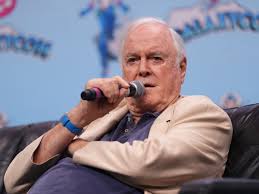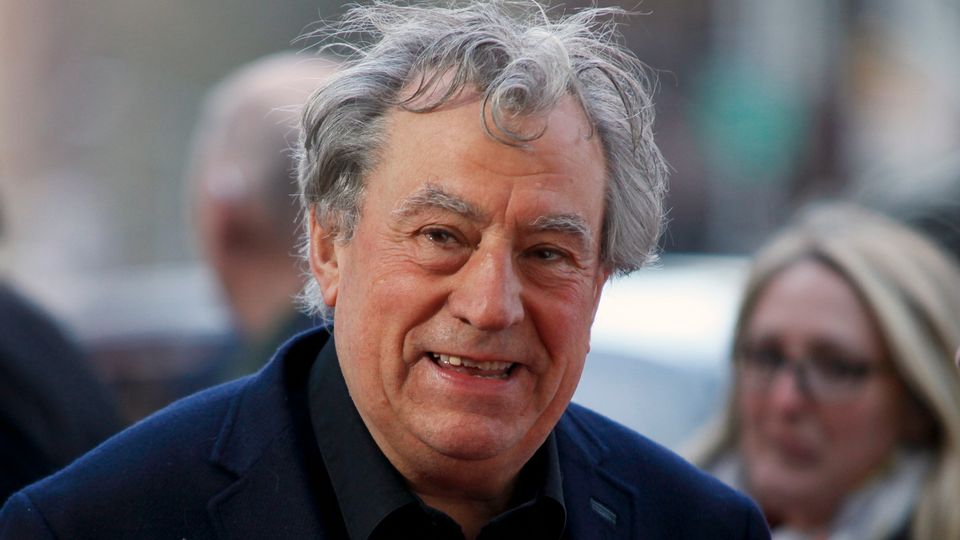
Introduction
Lenny Henry is a name synonymous with British comedy, theatre, and advocacy. As a cultural icon, he has not only entertained but has also played a vital role in addressing social issues through his work. His journey from a young comedian to a prominent figure in British entertainment is one that speaks to both talent and resilience, making him an influential figure in the UK today.
Early Life and Career
Lenny Henry was born on August 29, 1958, in Dudley, West Midlands, to Jamaican immigrants. He first gained attention as a teenager by performing stand-up comedy. His big break came in 1975 when he joined the cast of the BBC’s ‘New Faces’, showcasing his ability to blend humour with poignant social commentary. Henry’s charisma and versatility lifted him into the limelight, leading to his own successful shows.
Significant Achievements
Throughout the 1980s and 1990s, Lenny Henry became a household name with television shows such as ‘Chef!’ and ‘The Lenny Henry Show’. His work has earned him numerous accolades, including a Bafta Award for Best Entertainment Performance. Beyond television, Henry has also made impactful forays into theatre, and even voice acting, bringing stories to life in animated features.
In recent years, Lenny Henry has emerged as a passionate advocate for diversity in media and the arts. He campaigned vigorously for the representation of minorities in British television. His work with the ‘Lenny Henry Centre for Media Diversity’ focuses on improving diversity in television voices and storytelling, which has resonated strongly with audiences and industry professionals alike.
Recent Events and Future Prospects
Lenny Henry’s commitment to social causes continues to grow, particularly in the realms of education and the arts. In October 2023, he announced the establishment of a new scholarship aimed at helping underrepresented students in the UK pursue careers in drama and media. In addition to his philanthropic efforts, he continues to perform and tour, keeping his comedic edge while also tackling themes of race, identity, and society in the modern world.
Conclusion
Lenny Henry’s contributions extend far beyond entertainment; they encompass a commitment to fostering dialogue around crucial societal issues. As he continues to break barriers and inspire the next generation, his legacy as a comedian and activist remains vital to the ongoing discussion about diversity in the arts. With his recent initiatives and projects, audiences can look forward to more of Henry’s unique perspectives, cementing his status not only as a legendary comedian but also as a pivotal voice for change in British society.
You may also like

The Enduring Legacy of John Cleese in Comedy

Ashley Storrie: The Comedic Voice of a New Generation

The Legacy of Terry Jones: Icon of British Comedy
SEARCH
LAST NEWS
- Remembering Wendy Richard: The Promise to Co-Star Natalie Cassidy
- How Did Anglian Water Achieve an ‘Essentials’ Rating for Mental Health Accessibility?
- Shai Hope Leads West Indies in T20 World Cup Clash Against South Africa
- What We Know About Weston McKennie: Future at Juventus and Past at Leeds
- What We Know About the Upcoming Live Nation Antitrust Trial